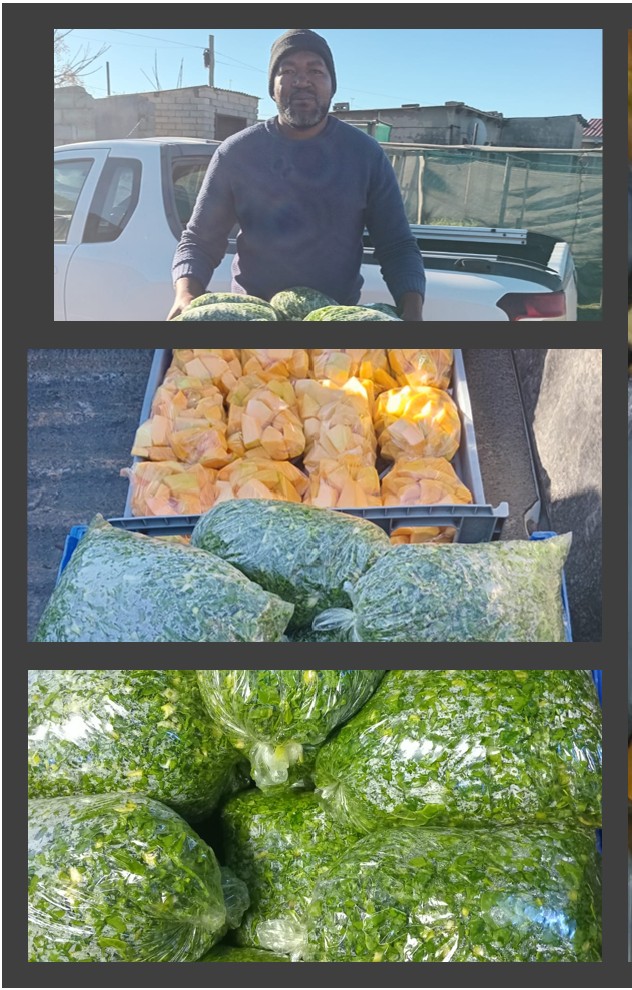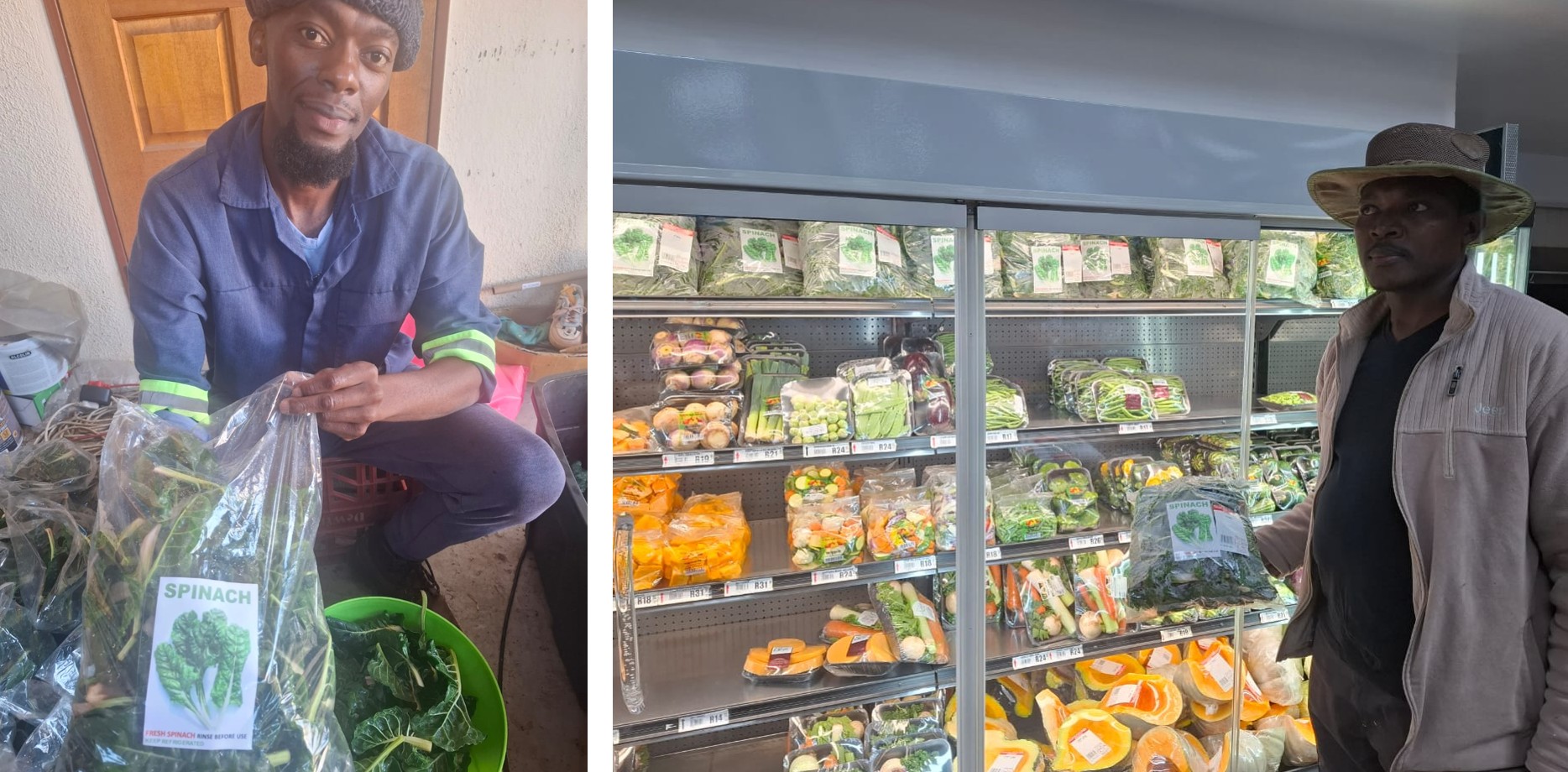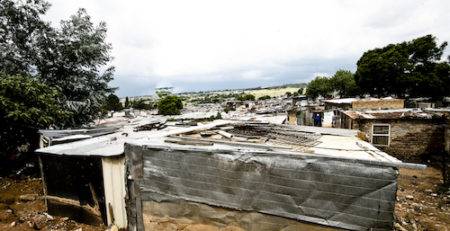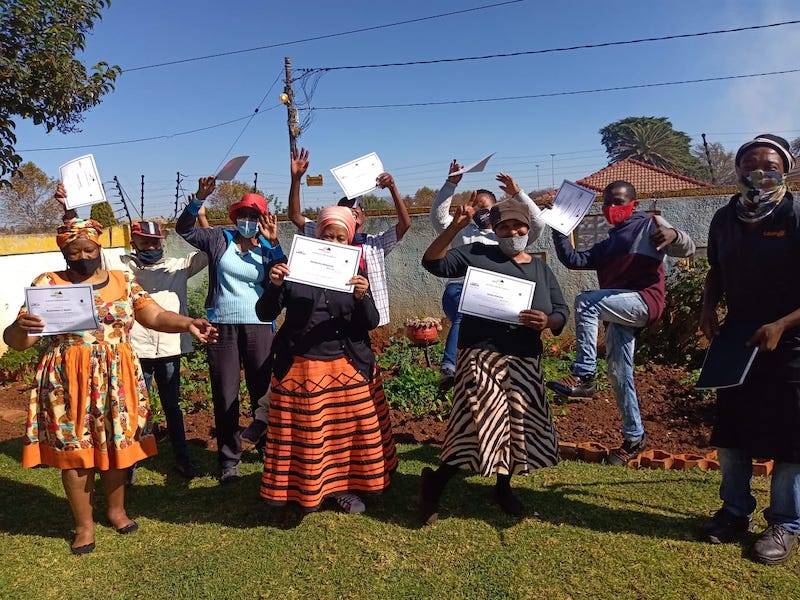Unlocking Economic Potential Through Local/ Socio-Economic Development Programmes
The Importance of Local Economic Development (LED)
Local Economic Development (LED) (often referred to as Socio-Economic Development (SED)) is a powerful strategy for driving economic transformation, job creation and reducing poverty. The South African government has recognised LED as a crucial approach to fostering sustainable growth in the country, particularly in areas surrounding corporate industries and mining operations. By empowering local entrepreneurs, livelihoods development and stimulating job creation, LED programmes contribute to the economic resilience of communities.
How Umsizi’s LED Programmes Create Sustainable Impact

At Umsizi, we understand the immense potential within local communities and the need for structured, sustainable economic development programmes. Our LED/SED initiatives provide a framework for:
Entrepreneurial empowerment – Helping small business owners and start-ups thrive through skills development, infrastructure opportunities and mentorship.
- Job creation – Increased development of local talent, through expanding local businesses and stimulating the local economy within the communities, by uplifting households.
- Infrastructure support – providing essential resources and infrastructure to qualifying participants, which enables economic participation and growth.
- Community collaboration – Encouraging collective efforts between farmers, small business owners, and the broader community to drive shared prosperity.
- Poverty alleviation – Driving ownership of programmes by participants and beneficiaries that decreases dependency on the sponsor, and driving sustainable poverty eradication.
The Challenges of LED and How to Overcome Them
Implementing effective LED programmes is not without its challenges. Many communities face barriers such as:
- Lack of infrastructure and access to bulk services – Lack of or poorly maintained electricity, water recourses, sanitation, waste removal and other bulk services required for economic growth.
- High unemployment rates – Without employment opportunities, local economies struggle to thrive.
- Limited access to markets – Small businesses often lack the support or adequate platforms needed to reach larger customer bases.
- Crime and safety
- Lack of skills and knowledge
Despite these obstacles, successful LED strategies are addressing these issues by:
- Focusing on broad-based initiatives – Ensuring that projects reach as many households as possible, especially those below the poverty line.
- Encouraging local investment – Corporates and Municipalities can contribute to LED by prioritising procurement from local businesses.
- Community awareness and participation – Creating a circular economy where households are supporting businesses within their own community, resulting in a circulation of finances within communities.
- Providing business training and financial literacy programmes – Equipping entrepreneurs with the skills and knowledge to sustain and grow their ventures.
- Ongoing Mentoring and coaching
The Long-Term Benefits of LED Programmes
The success of LED initiatives is measured by their ability to create self-sustaining local economies. When funds are re-invested within communities, economic circulation strengthens, leading to:
- Improved living standards for all residents.
- A reduction in dependency on external aid.
- Increased economic participation across various sectors.
- A robust circular economy
- Reduction in unemployment
- Poverty eradication
- Sustainable long-term impact
Partner with Umsizi for Effective LED Solutions
At Umsizi, we are committed to developing and implementing sustainable, high-impact LED programmes that drive real change. Our tailored solutions are designed to uplift communities, support local businesses, and create lasting economic growth and socio-economic transformation.
If you are looking for expert-led LED and SED strategies, get in touch with us today. Let’s work together to unlock the full potential of local communities and build a more sustainable future.






